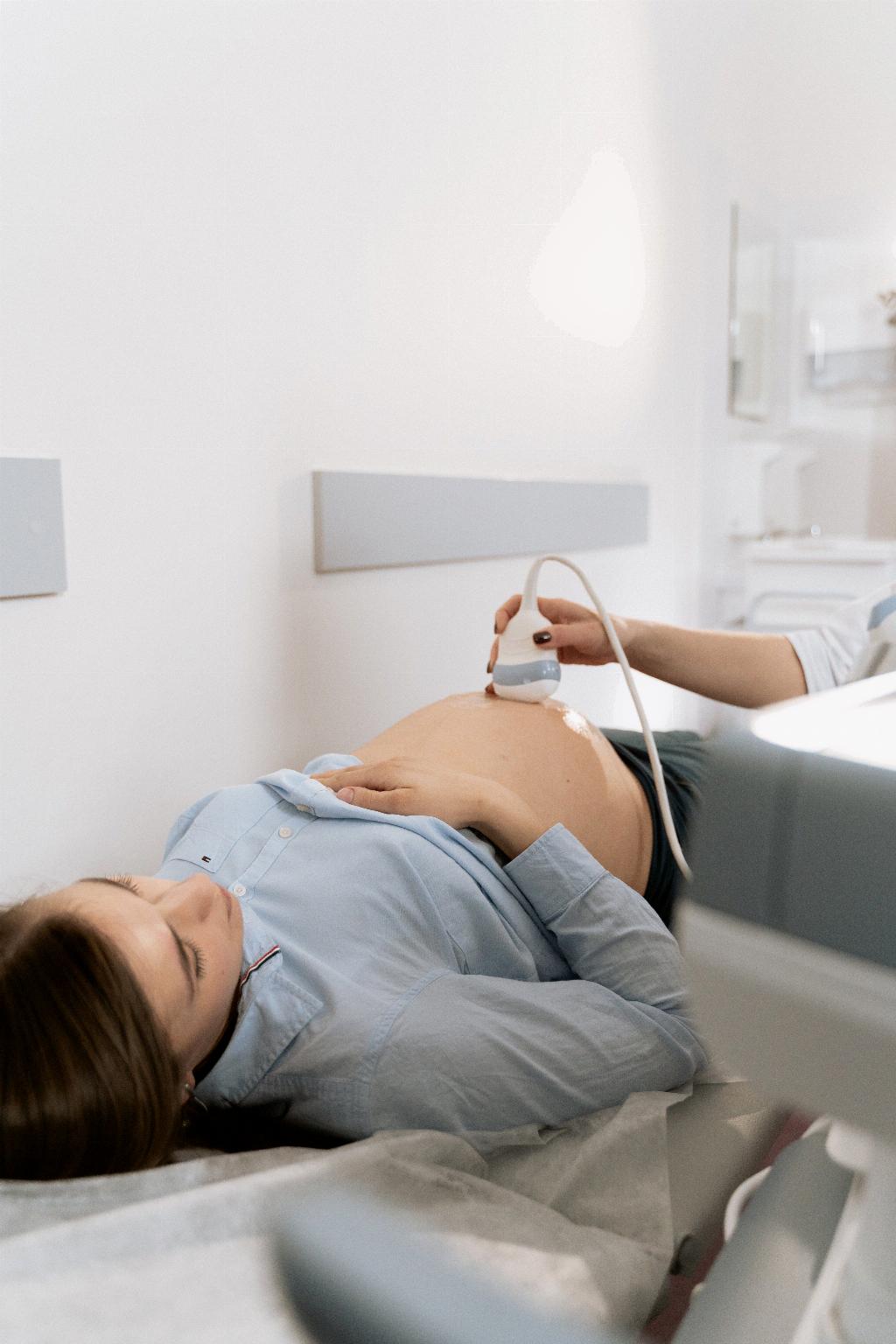When it comes to pregnancy, insomnia in the 2nd trimester can be quite common and often attributed to a variety of factors that impact a woman’s ability to get a restful night’s sleep. One of the primary causes of this sleep disturbance is the physical changes the body goes through during pregnancy, particularly during the 2nd trimester.
Physical Changes and Discomfort
During the 2nd trimester, pregnant women may experience frequent trips to the bathroom due to the growing uterus putting pressure on the bladder. This need for frequent urination can disrupt sleep patterns, leading to insomnia. Additionally, nausea and vomiting, common symptoms in early pregnancy, can still persist and further impact a woman’s ability to sleep peacefully.
Pregnancy-Related Discomfort
As the baby continues to grow, a woman may experience back pain, discomfort in the abdomen, and fetal movements that can be felt more prominently. These physical discomforts can make it challenging for expectant mothers to find a comfortable sleeping position, thus contributing to insomnia during the 2nd trimester.
Mental and Emotional Factors
Aside from physical changes, mental and emotional factors can also play a significant role in causing insomnia during pregnancy. Anxiety related to the impending labor, delivery, and the overall outcome of the pregnancy can keep a woman up at night, making it difficult to relax and fall asleep.
Sleep Disruptions and Hormonal Changes
Hormonal changes that occur during pregnancy can also impact a woman’s sleep quality. Fluctuations in hormone levels, particularly the increase in progesterone, can lead to sleep disruptions and changes in sleep patterns. These hormonal shifts can make it harder for expectant mothers to achieve deep, restorative sleep.
Strategies to Improve Sleep
It’s essential for pregnant women experiencing insomnia in the 2nd trimester to implement strategies to improve their sleep quality. This may include creating a relaxing bedtime routine, practicing relaxation techniques such as deep breathing or meditation, and ensuring a comfortable sleep environment.
Seeking Support and Guidance
If insomnia persists and significantly impacts a woman’s well-being during pregnancy, it’s crucial to seek support and guidance from healthcare providers. They can offer advice on managing sleep disturbances, recommend safe sleep aids if necessary, and address any underlying issues contributing to insomnia.
Conclusion
Pregnancy insomnia in the 2nd trimester can be a challenging aspect of expecting a child, but understanding the various causes of this sleep disturbance can help women navigate this phase more effectively. By addressing physical discomfort, managing mental and emotional factors, and implementing sleep-enhancing strategies, expectant mothers can work towards achieving better sleep during this crucial stage of pregnancy.

